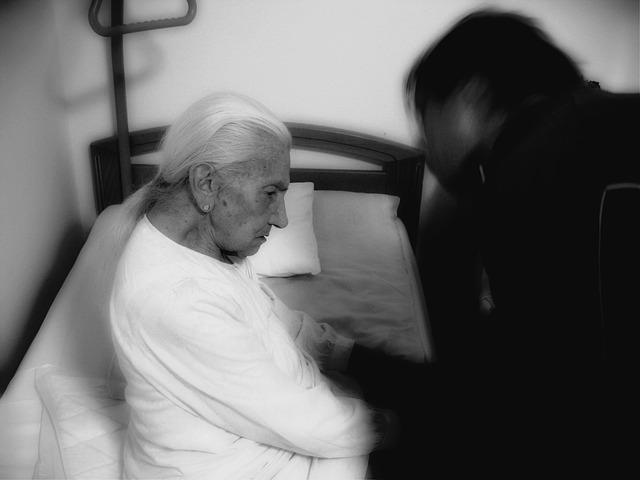
With our aging seniors, incontinence often becomes an issue in one form or another. With that, urinary tract infections (UTI’s) are also more common.
UTI’s are uncomfortable to anyone, but if one has Alzheimer’s it may cause dramatic and unexpected effects.
This can be true for any aging individual when incontinence is an issue. But seniors without dementia can usually tell you when and where they might hurt. Not so easily with Alzheimer’s disease. Not only is incontinence part of the disease at some point, but by that time the patient is usually unable to tell you what hurts or what doesn’t feel right.
Extreme reactions
Your loved one with a UTI might show symptoms in drastic extremes, on one end being more tired, sleeping more and being less responsive to the other extreme of lashing out or being angry. It can cause confusion, disorientation, hallucinations and slurred language.
Often in a facility when an individual shows unusual behavior, like an unexpected outbursts, a UTI is the first thing they consider. Some other displays may include tearfulness or even undressing. I’ve talked to some who were certain their parent was actually dying, yet with medication they returned to their normal quickly.
It’s important that the person is regularly checked and changed—of course. But as with other events in Alzheimer’s, you can check on them and all is well, then five minutes later, it isn’t.
Any infection like a UTI can cause a significant downturn in a loved one. It is possible for a senior to be high functioning, very outgoing and friendly one day, then with an infection severe deterioration followed. It always takes longer to recover from illnesses like that.
Keep watch during recovery
You may find the first treatment doesn’t stop the infection. That is something else to be aware of. If your loved one doesn’t improve, be sure to ask the doctor to recheck. It sometimes takes a second round or medication to cure the infection.
Anything illness or infection may have a powerful effect on the aging. Broken bones or illness can mean more time in bed. The more time lying down can lead to pneumonia. A flu can lead to dehydration, a common enough occurrence in seniors even without being ill. It’s so interrelated it takes a close watch and someone aware of each persons ‘normal’ to guard against it.
You can find more information here, in Common Ailments with Aging.


